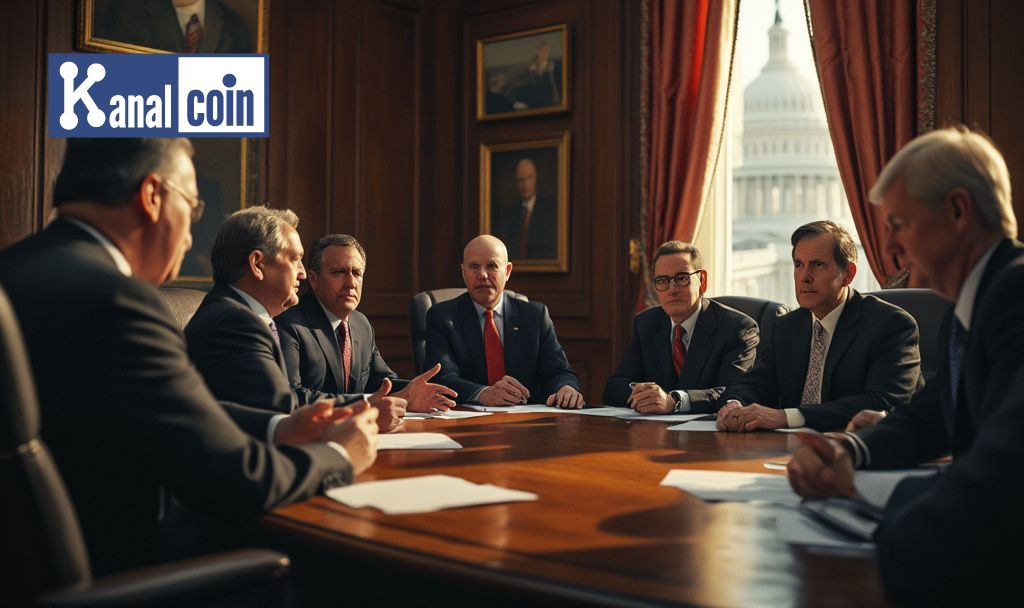
Seven Republican senators have sponsored a legislative measure on October 10, 2023, in Washington D.C., intending to curb the unilateral tariff-imposing abilities of former President Donald Trump.
This move signifies an attempt to restore legislative control over tariff implementations, potentially impacting U.S. trade policies significantly. The legislative proposal sparked immediate discussions among policymakers and trade experts.
GOP Senators Propose Increased Oversight on Tariff Authority
Seven GOP senators introduced legislation aimed at limiting Donald Trump’s tariff authority. The bill proposes increased congressional oversight on tariff decisions affecting U.S. trade practices. This bipartisan effort responds to Trump’s previous tariff implementations that bypassed congressional authority. The bill rekindles a debate over executive versus legislative power in trade regulation.
“There is merit in having congressional oversight,” but cautioned against creating divisive narratives with the administration, said Thom Tillis, Republican Senator, North Carolina.
Potential Market Stability from Limiting Presidential Tariff Power
Trade experts suggest that limiting presidential tariff power may lead to more stable trade policies. Market reactions were mixed, given the potential for reduced unpredictability in tariff impositions. The bill’s potential outcomes include financial market adjustments and changes in global trade relationships. Historical trends indicate stable tariffs could enhance investment confidence. Data suggests that stability is preferred by many industries.
Historical Congressional Control Over Trade Policy
Compared to past efforts, this bill mirrors Republican moves against post-2008 financial executive actions. Historical references highlight Congress’ long-standing quest for control over trade policy. Experts from Kanalcoin suggest the initiative may rebuild congressional authority over tariffs. Historical trends imply that shifts could either consolidate power or lead to frequent legislative changes, impacting global market reactions.









